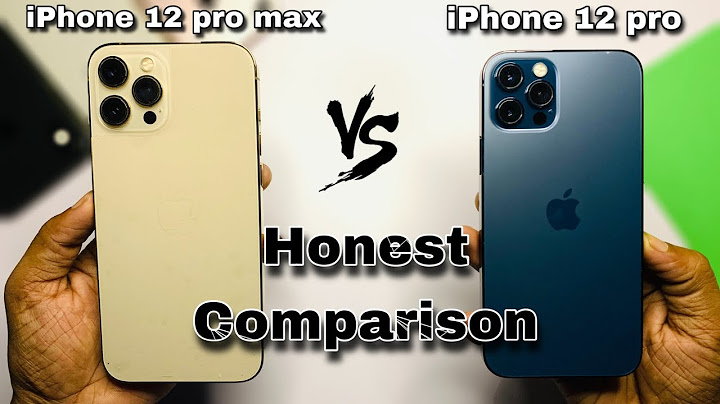Choosing an eye doctor is an important health care decision. Your eye doctor will help you see as clearly as possible and protect your vision — the sense people say they fear losing more than any other. Show
Optometrist vs. ophthalmologistThe first step in your decision is to understand there are two types of eye doctors — optometrists and ophthalmologists — and to know the differences between the two. What is an optometrist?An optometrist is an eye doctor who has earned the Doctor of Optometry (OD) degree and specializes in eye and vision care. To become an optometrist in the United States, a candidate typically must earn a four-year college degree in the sciences and then attend an accredited school or college of optometry and obtain a four-year OD doctorate degree. Most optometrists provide the following services: 
In addition, some optometrists:
With few exceptions, optometrist eye doctors are not trained or licensed to perform eye or vision surgery. READ MORE about optometrists. What is an ophthalmologist?An ophthalmologist is a medical doctor (MD) or a doctor of osteopathic medicine (DO) who specializes in eye and vision care, including providing medical care and surgery for management of eye and vision problems. To become an ophthalmologist in the United States, a candidate typically must:  Ophthalmologists are medical eye doctors who are licensed to perform eye surgery.
An ophthalmologist can provide all the services an optometrist (OD) provides, and:
SEE RELATED: Neuro-ophthalmologists and retina specialists Pediatric eye doctorA pediatric eye doctor, also called a children’s eye doctor or a kids' eye doctor, can be an optometrist or an ophthalmologist. A pediatric optometrist typically specializes in:
READ MORE about pediatric optometrists. A pediatric ophthalmologist typically specializes in:
READ MORE about pediatric ophthalmologists. Which eye doctor to chooseFor routine eye exams and contact lens fittings, most people choose an optometrist. Therefore, most prescriptions for eyeglasses and contact lenses are written by ODs. There are several reasons for this, including:
Which is the best eye doctor for specific needs?If you have needs beyond a routine eye exam or contact lens fitting, the following table lists which type of eye doctor is likely the best choice for your specific needs. NOTE: This table is intended as a general guide only to help you with your search for specialized eye care and is not all-inclusive. The best eye doctor for your needs depends on several factors and may not be predicted with 100% accuracy by the following suggestions. Also, the scope of specialized eye care provided by optometrists may vary depending on where you live.  ReferralsAn important consideration when choosing an eye doctor is the recommendation of friends, family members and co-workers. Word-of-mouth referrals often provide the best way to find a friendly, competent and caring eye doctor and avoid unpleasant surprises when you seek eye and vision care. If you have a special need, the optometrist or ophthalmologist who provides your routine eye care will refer you to an appropriate specialist. READ MORE: What is an optician? and What is an ophthalmic technician? Notes and ReferencesPage published on Wednesday, February 27, 2019 Page updated on Wednesday, June 29, 2022 When should I see an ophthalmologist?Loss of vision or decreased vision in one or both eyes. Changes in vision such as sudden spots, flashes of light, lightning streaks or jagged lines of light, wavy or watery vision, blurry faces, distortions or wavy lines, haloes around lights, double vision.
What is the difference between an optometrist and an optician?An optometrist is an eye doctor that can examine, diagnose, and treat your eyes. An ophthalmologist is a medical doctor who can perform medical and surgical interventions for eye conditions. An optician is a professional who can help fit eyeglasses, contact lenses, and other vision-correcting devices.
Is an optometrist the same as an ophthalmologist?Ophthalmologists differ from optometrists in their levels of training and in what they can diagnose and treat. As a medical doctor who has completed college and at least eight years of additional medical training, an ophthalmologist is licensed to practice medicine and surgery.
|

Related Posts
Advertising
LATEST NEWS
Advertising
Populer
Advertising
About

Copyright © 2024 en.idkuu.com Inc.


















